There can be your advertisement
300x150
How to Deal with Anxiety When You're Always at Home
We asked a psychologist how to not go crazy within four walls + we've gathered ideas for everyone who has nothing to do
These days, everyone is having a hard time. We asked a psychologist to explain why, while in home quarantine, we feel anxious and how to better cope with it. We also collected several ideas that can help you switch your focus.
Irina Kamaradina — Practicing psychologist and neuropsychologist
Lately, I'm often asked how to deal with anxiety and lift your mood during isolation. But here's the problem: typical answers won't suit every individual; they are always general (and such responses aren't useful to most people).
So, why do people ask these questions? Usually, it’s to distract themselves from their fears and feel part of the shared anxiety.
 Ask yourself: what are you really afraid of? Usually, the source of anxiety isn’t fear of danger but limitations that everyone has had to face.
Ask yourself: what are you really afraid of? Usually, the source of anxiety isn’t fear of danger but limitations that everyone has had to face.During restrictions, you lose personal control and the ability to make decisions. For a person, this is like a parental ban that our inner 'child' can’t ignore.
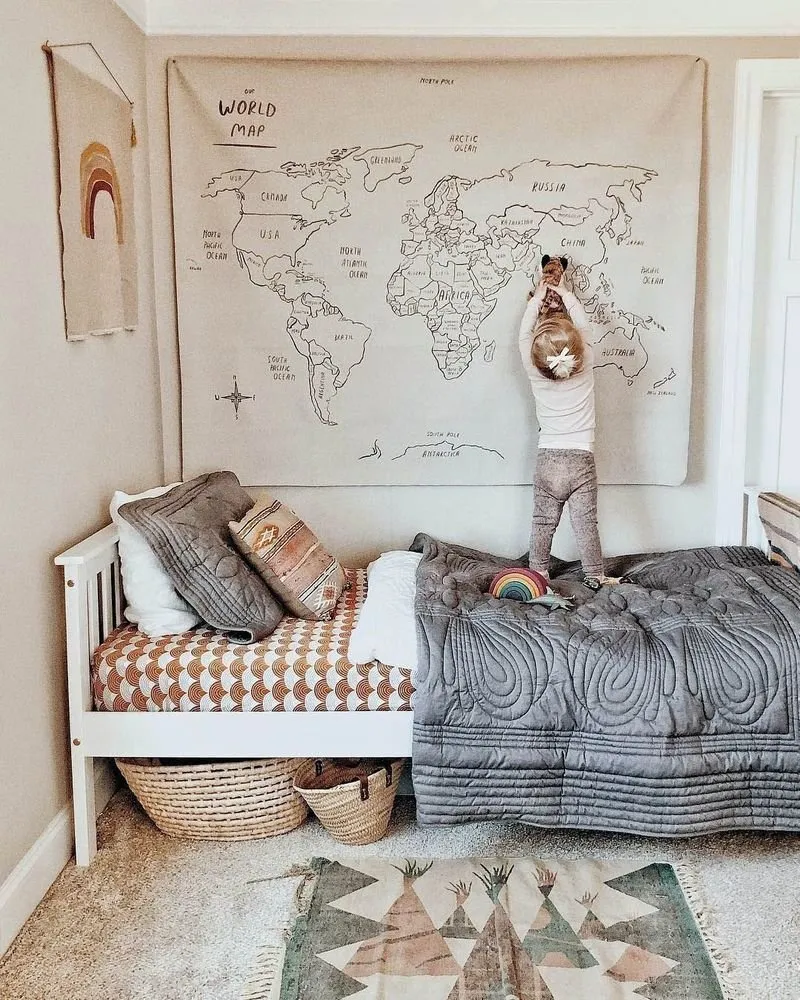 Let’s figure out: how do you react?
Let’s figure out: how do you react?- Peacefully staying at home and waiting for freedom of action.
- Feeling annoyed and dissatisfied with the restrictions.
- Happy, that someone made a decision for you and let you rest for three weeks.
- Fiercely defending your rights: you're an adult and decide what to do (but don’t go anywhere).
Whose anxiety is stronger?
Those who internally resist external restrictions. If you want to feel less anxious, you’ll have to accept and reconcile with them.
Only then will adaptation to new living conditions begin, and resources for tasks you didn’t have time or courage for before will emerge. The pace of life slows down, but energy increases.
 What problems might prevent acceptance of the situation?
What problems might prevent acceptance of the situation?- You're used to living at a fast pace and aren’t a homebody at all. You’ll have to completely restructure your schedule and adapt. Think of ways to move more (morning runs in empty parks or home workouts).
- You struggle to organize yourself at home. Try separating your work zone from non-work zones, clearly dividing time for work and rest. About effective remote work, we wrote here. And about setting up a mini-office — here.
- You live in a small space and share it with other residents. Here, you just need to agree.
- You work in the service industry and depend entirely on clients. Unfortunately, in this case, everything depends on the specific situation. Try looking at it from a different angle.
- You fear being alone with yourself and need social contact. Organize daily video calls with friends or meet someone online.
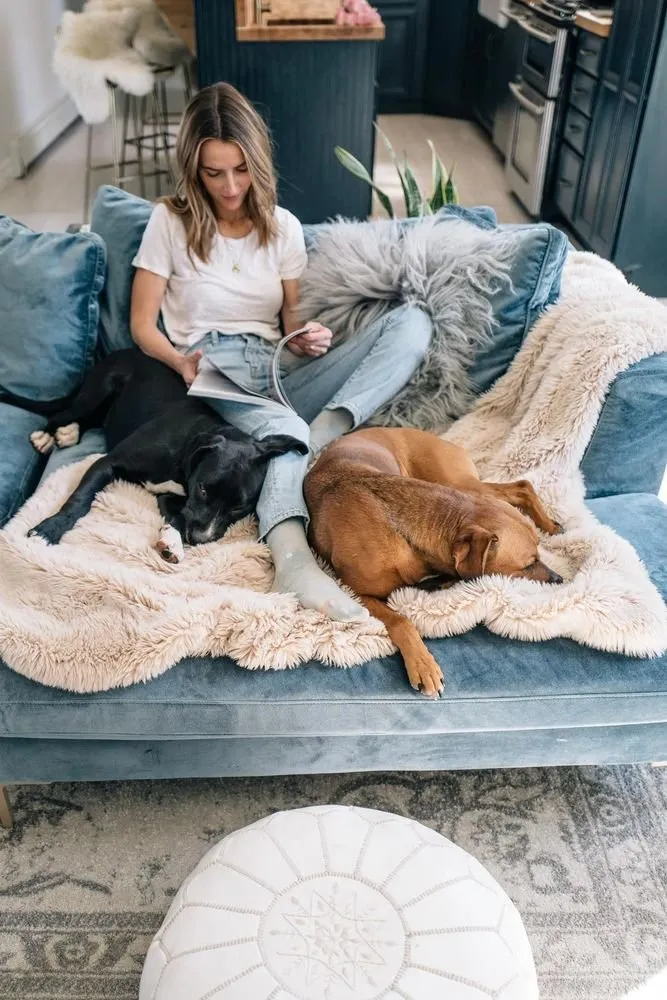 What else can you do to occupy yourself?
What else can you do to occupy yourself?- Do yoga and meditation. This will help you relax and distract from anxiety. You can also write down pleasant moments of the day in a journal or create a visualization board every evening.
- Do some cleaning and sort through old items you haven’t used in a while. This is also a form of meditation — you’ll feel lighter once you get rid of unnecessary things. About where to donate old clothes, we wrote here. And about how to organize your wardrobes — here.
- Cook something unusual. And try your hand at presentation skills, since you can’t go to a restaurant. We have many great recipes for all kinds of dishes. And not just buckwheat! :)
- Take care of the microclimate. Order a humidifier or air purifier, plant some greenery to feel comfortable at home. You can read more about healthy indoor air in our article.
- Start learning something new. Most educational resources now offer free access to their programs for all users. If you’ve always wanted to learn something, this is a great opportunity.
- Renovate old furniture. Changing your surroundings can help distract from negative thoughts. If you don’t have the chance to buy new furniture or decor, check out our DIY and “Renovation” sections — we have many cool ideas.
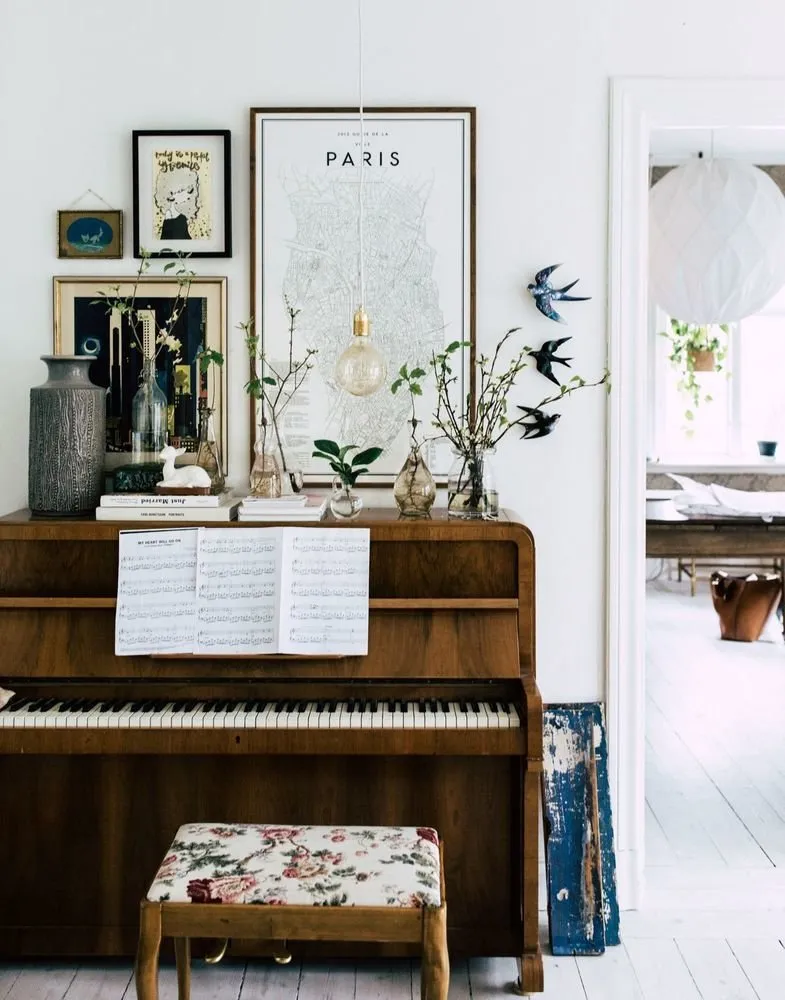
Want more ideas?
Then we have 55 cozy home activities for you! Now you definitely have something to do during quarantine :)
More articles:
 Future of the Country House: Example from Canada
Future of the Country House: Example from Canada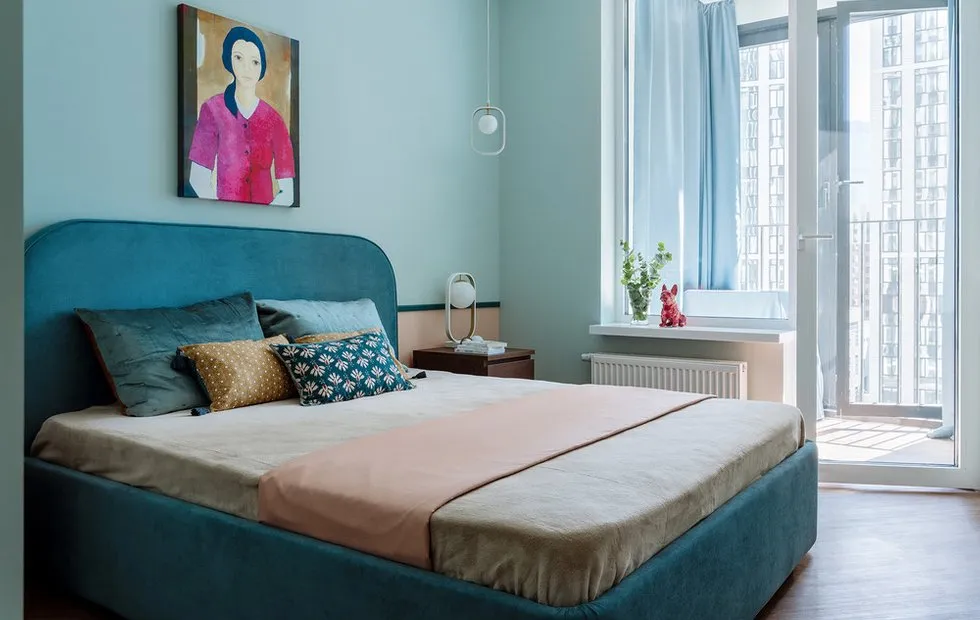 How to Decorate an Apartment for Rent: 5 Options
How to Decorate an Apartment for Rent: 5 Options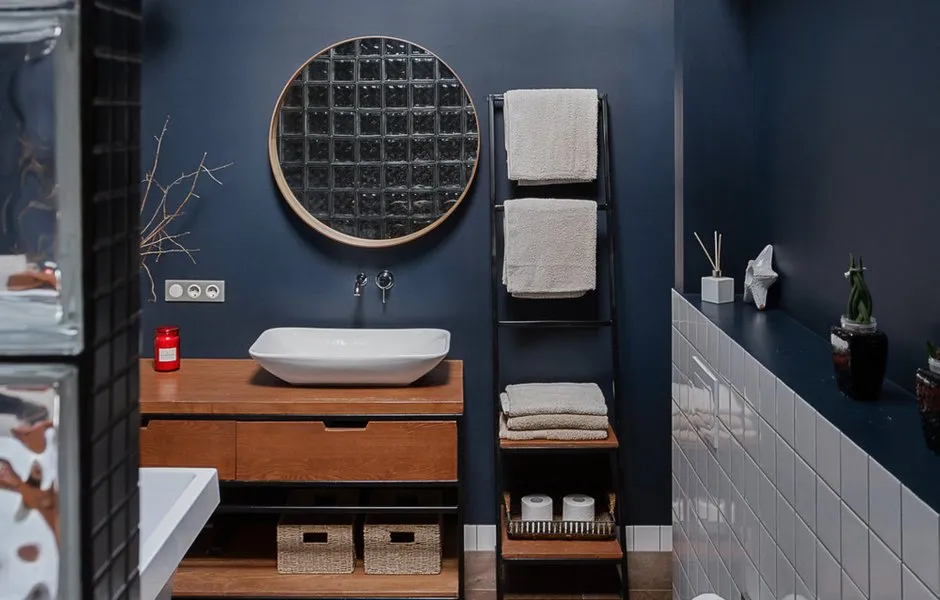 5 situations when a combined bathroom is necessary
5 situations when a combined bathroom is necessary Updating Kitchen Without Renovation: 7 Ideas from Fresh Projects
Updating Kitchen Without Renovation: 7 Ideas from Fresh Projects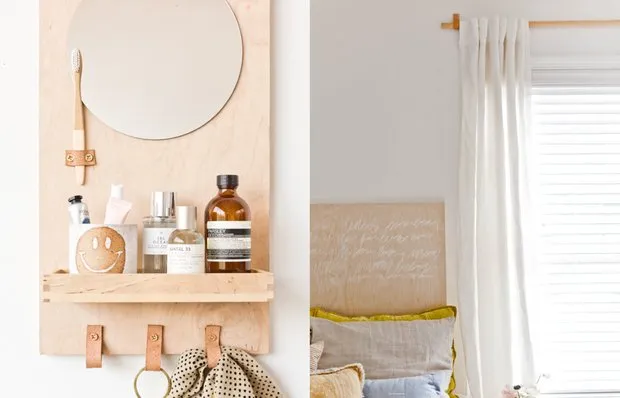 3 Cool DIY Ideas We Spotted on an American Blogger
3 Cool DIY Ideas We Spotted on an American Blogger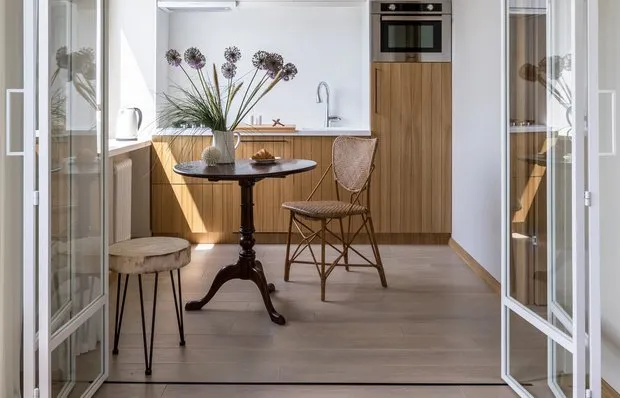 In Trend: Decorating Apartment in Eco Style
In Trend: Decorating Apartment in Eco Style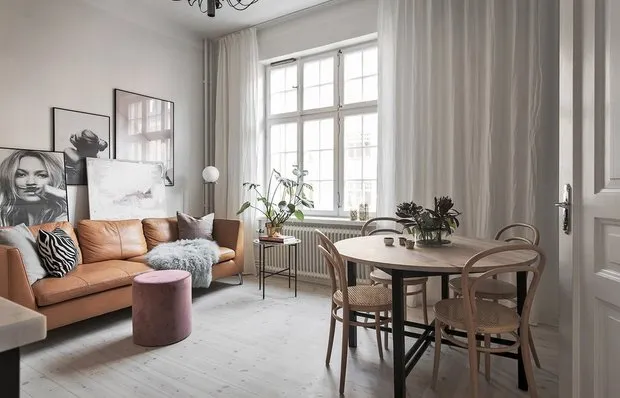 Want to Live Here: 7 Small Apartments in Stockholm
Want to Live Here: 7 Small Apartments in Stockholm 5 masculine apartments where you want to stay
5 masculine apartments where you want to stay